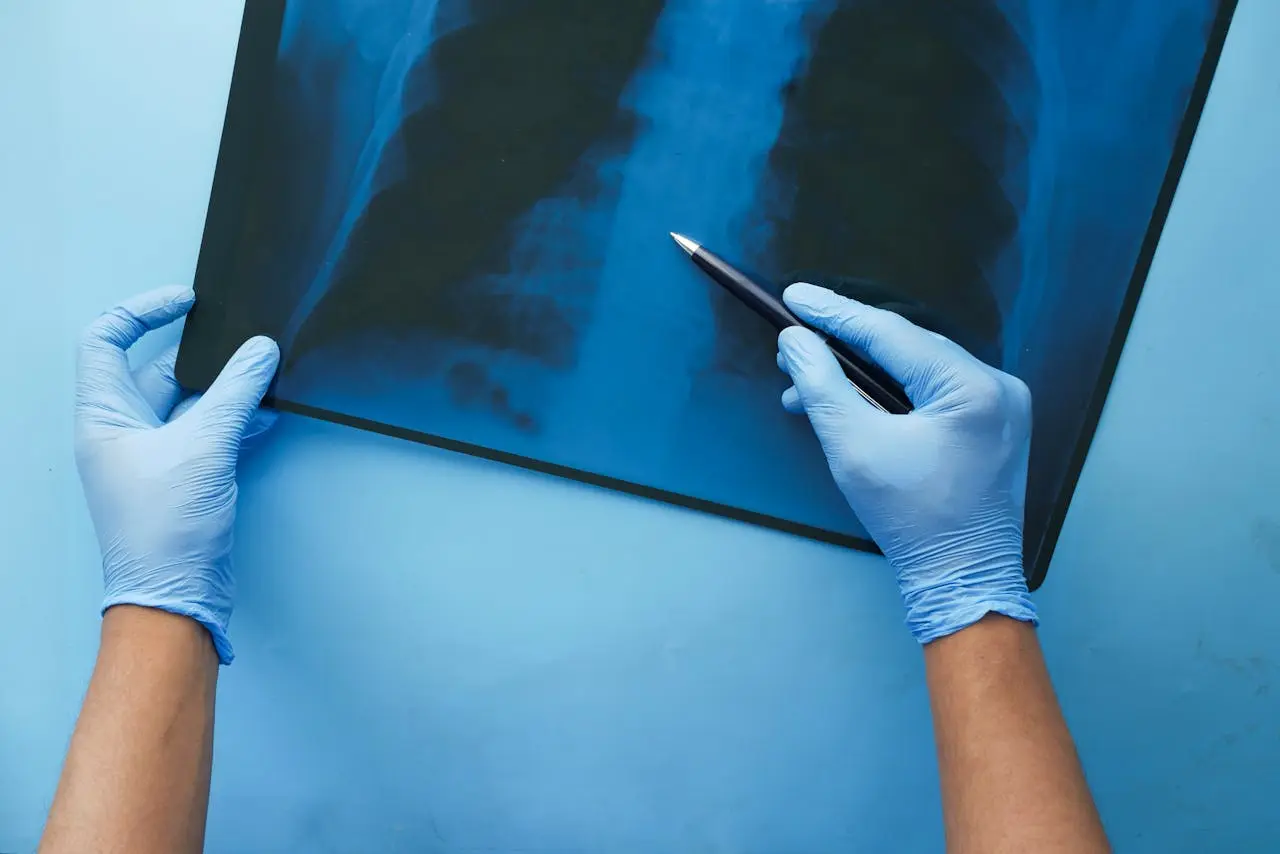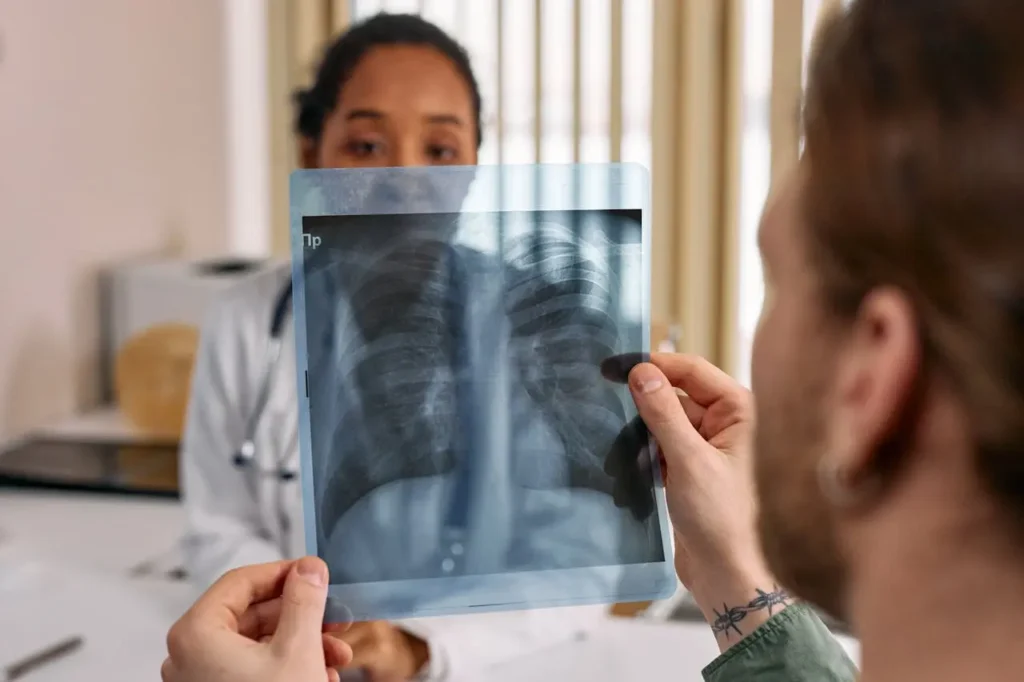
Arcturus Plunges on ‘Mixed’ Cystic Fibrosis Data for Inhaled mRNA Drug
Arcturus Therapeutics’ inhaled mRNA therapy ARCT-032 failed to show meaningful improvements in lung function in a Phase II trial for cystic fibrosis, sending the company’s shares tumbling by nearly 50%. However, analysts at William Blair noted “potentially promising” signs, as the therapy appeared to reduce mucus buildup in some patients—a key symptom of the disease. Using AI-enhanced imaging, Arcturus reported encouraging reductions in mucus volume, suggesting possible therapeutic benefit at higher doses or longer treatment durations. The company plans to test these variables in upcoming trials to better assess the therapy’s clinical relevance and durability of response.
Despite showing no meaningful benefit on lung function, Arcturus’ mRNA therapy ARCT-032 reduced mucus volume in patients with cystic fibrosis—an outcome William Blair found “potentially promising.”
Arcturus Therapeutics’ inhalable mRNA therapeutic ARCT-032 failed to induce meaningful lung function improvements in a Phase II cystic fibrosis trial, prompting the biotech to dig into exploratory outcomes to search for signals of efficacy.

By the end of trading Wednesday, shares of Arcturus were down to $11.54 apiece, down 50% from its previous closing price of $23.16.
Despite the strong negative market reaction, analysts at William Blair pointed to “some potentially promising efficacy signals.” In its news release, Arcturus touted results from AI-enhanced high-resolution computed tomography screening, demonstrating what the company said is an “encouraging” reduction of mucus, which “is a meaningful trend indicative” of the asset’s therapeutic benefit.
William Blair appeared to agree on this point, writing on Wednesday that this mucus outcome “offers potential for clinical benefit at [a] high dose.” Still, the firm maintained that the mucus data are “also slightly mixed,” with only four of six evaluated patients showing reductions in mucus volume and in the number of mucus plugs. The analysts added that Arcturus will need to establish whether or not “longer treatment duration or a higher dose of ARCT-032 can boost efficacy signals beyond mucus clearance.”
This phase of the trial tested six patients with cystic fibrosis receiving 10 mg of ARCT-032 over 28 days.
Arcturus Therapeutics’ inhaled mRNA therapy ARCT-032 failed to deliver meaningful improvements in lung function in a Phase II cystic fibrosis trial, leading to a 50% drop in its share price. Still, analysts highlighted “potentially promising” signals, as AI-enhanced imaging showed reduced mucus buildup in several patients—an indicator of possible therapeutic benefit. Arcturus plans to further evaluate higher doses and longer treatment durations in upcoming studies to confirm the clinical relevance of these findings.
The company is preparing a longer-duration trial “to substantiate the clinical relevance” of the mucus results, it stated in Wednesday’s release.
Arcturus is also looking to enroll six more patients who will receive a higher dose of ARCT-032, findings from which will guide dosing, duration and endpoints for future studies. The company is also gearing up for a 12-week safety and preliminary efficacy trial set to begin in the first half of 2026.
Designed to be aerosolized and inhaled, ARCT-032 is an mRNA therapy that helps restore expression and activity of the cystic fibrosis transmembrane conductance (CFTR) regulator gene in the lungs. In patients with cystic fibrosis, the CFTR protein is either deficient or completely absent, resulting in compromised airway function, giving rise to key symptoms such as inflammation and respiratory failure.
Current therapies for cystic fibrosis, such as Vertex Pharmaceuticals’ Trikafta and the recently approved Alfytrek, also address CFTR dysfunction.
Also on Wednesday, Arcturus revealed in an SEC filing that the FDA asked the company to delay its biological license application for its COVID-19 vaccine, citing the need for further data. The regulator had previously agreed that Arcturus’ current data “could support a single-dose indication,” but it has since walked back on that determination and found that “additional data from a clinical endpoint efficacy study will be needed.





